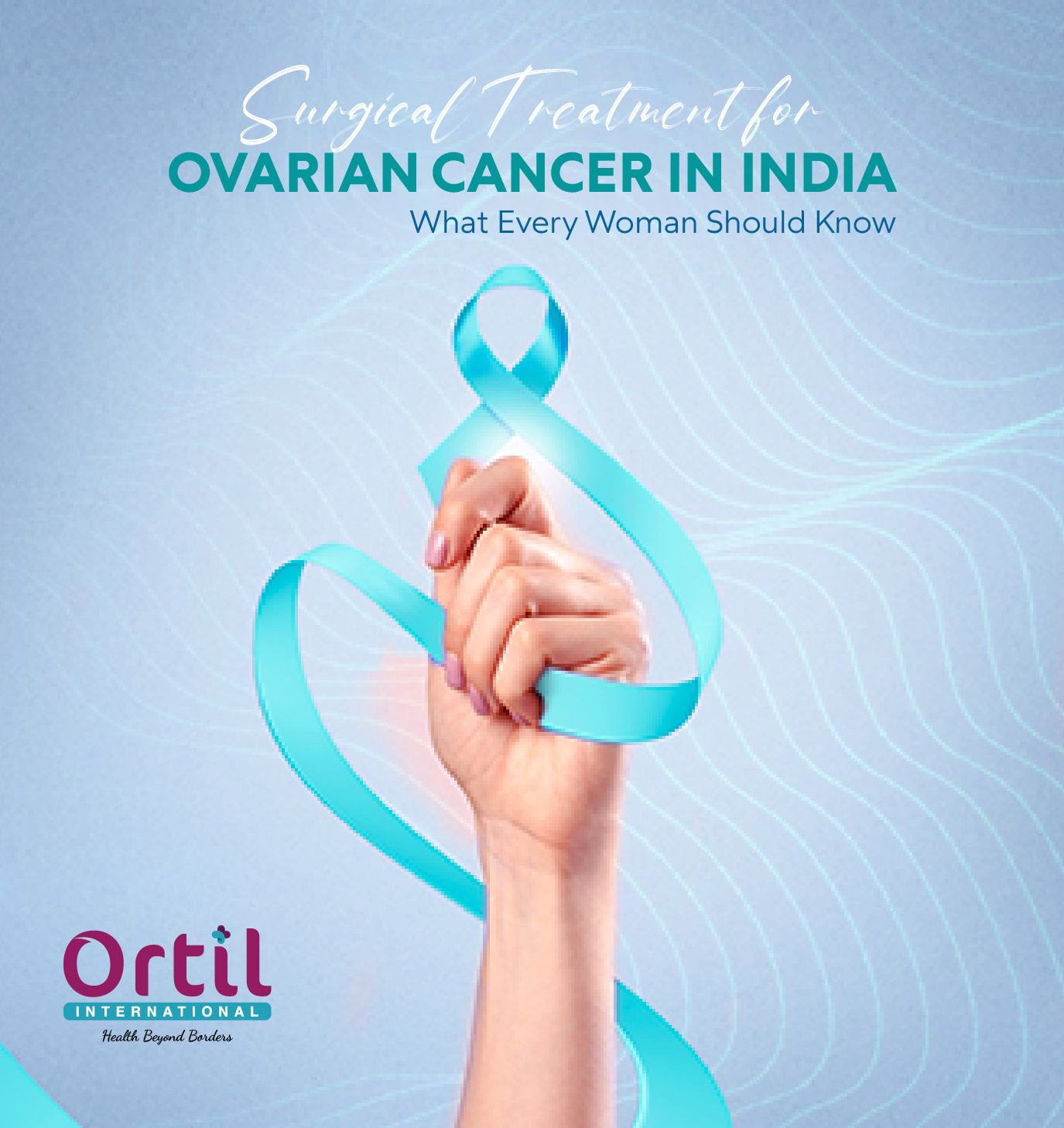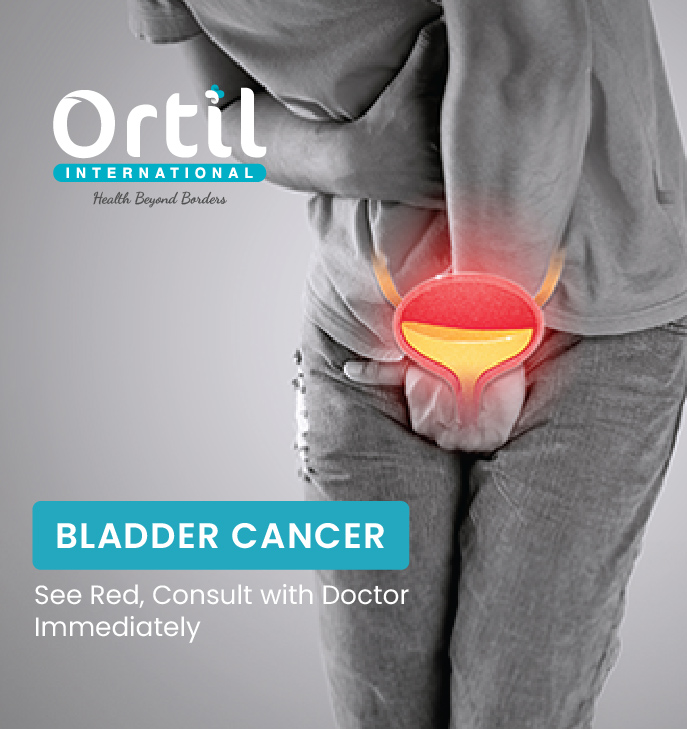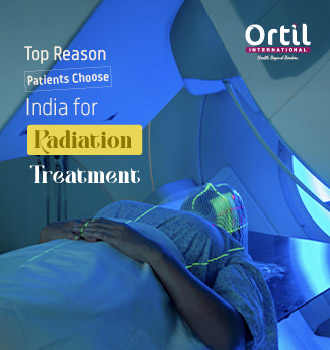Surgical Treatment for Ovarian Cancer in India: What Every Woman Should Know
Surgical Treatment for Ovarian Cancer in India: What Every Woman Should Know
Summary
Ovarian cancer is a severe gynaecological malignancy that usually requires surgical treatment. India has emerged as a global centre for ovary cancer surgery due to its advanced medical infrastructure, experienced oncologists and economic treatment options.
Introduction
Ovarian cancer is affected to thousands of women worldwide, and early surgical treatment is usually the mainstay of therapy. As healthcare expenses rise across the world, India provides a stable, high-quality and affordable hub for ovarian cancer surgery.
Understanding of Ovarian Cancer Surgery
Ovarian cancer surgery involves the removal of carcinogenic tissues from the ovaries and, in some cases, nearby organs. It is an important component of the treatment plan and most often influences recovery .In India, surgical interventions are performed by highly qualified gynaecological oncologists using advanced technologies.
What is Ovarian Cancer Surgery
Ovarian cancer surgery is a type of operation aimed at eliminating cancerous growths from the ovaries. The duration of the operation varies from patient to patient with the stage of cancer, size of the tumour and overall health of the patient.
Types of Ovarian Cancer Surgery
-
Bilateral-oophorectomy of the both ovaries and both fallopian tubes..
-
Total Hystectomy - Removal of the uterus along with ovaries and fallopian tubes.
-
Thinning surgery - removal of maximum cancer tissue when complete removal is not feasible.
-
Lymph node dissection - lymph node removal to verify cancer propagation.
-
Laparoscopic (minimally invasive) surgery-Use in early-stage cancers or biopsies.
Who Needs an Ovarian Cancer Surgery
Surgery is usually recommended for:
-
Women diagnosed with ovarian cancer (any stage).
-
Patients with any ovarian masses or tumours.
-
Cases where cancer has spread, but clearance surgery can improve treatment results.
-
Women with genetic risks (eg BRCA mutation) opting for preventive (prophylactic) surgery.
Pre-Procedure (Preparation Phase)
-
Comprehensive physical examination and blood tests.
-
Image studies such as computed tomography, computed tomography or magnetic resonance imaging.
-
Exploratory biopsy or laparoscopy to evaluate cancer propagation.
-
Pre-surgical counselling, nutritional assessment and anaesthesia evaluation.
Post-Procedure (Recovery and Follow-Up Phase)
-
Hospital stays for 5 to 7 days, depending on the type of surgery.
-
Pain management and wound care.
-
Regular follow-up visits, including CA-125 images and tests to monitor recurrence.
-
Advanced treatments such as chemotherapy can follow surgery.
Why Choose India for Ovarian Cancer Surgery
-
Access to Highly Trained Specialists: India provides convenient access to gynaecologic oncologists who are trained at the world's best institutions.
-
Advanced Surgical Methods: Indian hospitals are outfitted with cutting-edge technology, such as robotic and minimally invasive laparoscopic procedures.
-
Comprehensive Cancer Care: The treatment in India is not just restricted to surgery—patients are blessed with a multidisciplinary care that encompasses chemotherapy and radiotherapy for end-to-end care.
-
Low-cost Treatment: Ovarian cancer surgery in India is much less expensive than in most Western nations, without diluting the quality.
-
English-Speaking Doctors & Individualized Care: Medical professionals in India speak English fluently, making it simple for global patients to communicate. Personalized coordinators make the treatment process smooth and convenient.
Top Hospitals in India for Ovarian Cancer Surgery
Cost of Ovarian Cancer Surgery in India
Cost Components
-
Pre-surgical Evaluation and Tests: $500 – $1,000
-
Surgery and Hospital Stay: $3,500 – $7,000
-
Post-surgical Medications and Follow-up Care: $500 – $1,500
Total Estimated Cost
Total ovarian cancer surgery cost in India is between $4,500 and $9,500, varying with the hospital, surgery type, and patient status
Cost Comparison
|
India
|
$4,500 – $9,500
|
|
USA
|
$20,000 – $50,000
|
|
UK
|
$15,000 – $35,000
|
Survival Rates
Factors Influencing Success
Challenges and Solutions
Challenges
-
Navigating travel and accommodation
-
Language and cultural differences
-
Understanding treatment plans
Solutions
How we help
-
Connect you with the main Indian oncologists.
-
Organizing appointments, medical visas and even taking care of airport collection.
-
Provide cost estimates and treatment plans.
-
Support your recovery with continuous communication and follow -up.
Legal and Ethical Considerations
All the ovarian cancer surgeries in India follow strict medical policy and ethics guidelines established by the Indian Medical Council. The informed consent, patient privacy and legal openness are maintained throughout the process.
Recovery and Life after Treatment
-
Healing can occur in 6–8 weeks after surgery, depending on the degree of complexity. Patients should be motivated to:
-
Take regular follow-up sessions.
-
Eat a well-balanced diet and exercise.
-
Avoid excessive activity for 1–2 months.
Conclusion
Ovarian cancer surgery in India provides global treatment, skilled surgeons and economic care. With total support systems, patients can trust India for complete recovery and long-term outcomes.
FAQs
Q1: How long will I need to stay in India for ovary cancer surgery?
Most patients are 2 to 3 weeks, including initial pre-impression, operation and recovery tests.
Q2: Will I need chemotherapy after surgery?
Based on the stage of the cancer, chemotherapy is usually advised following surgery.
Q3: Are Indian hospitals equipped for advanced cancer treatments?
Yes, India's largest hospitals are well-fitted with the most advanced surgical and diagnostic equipment.






















